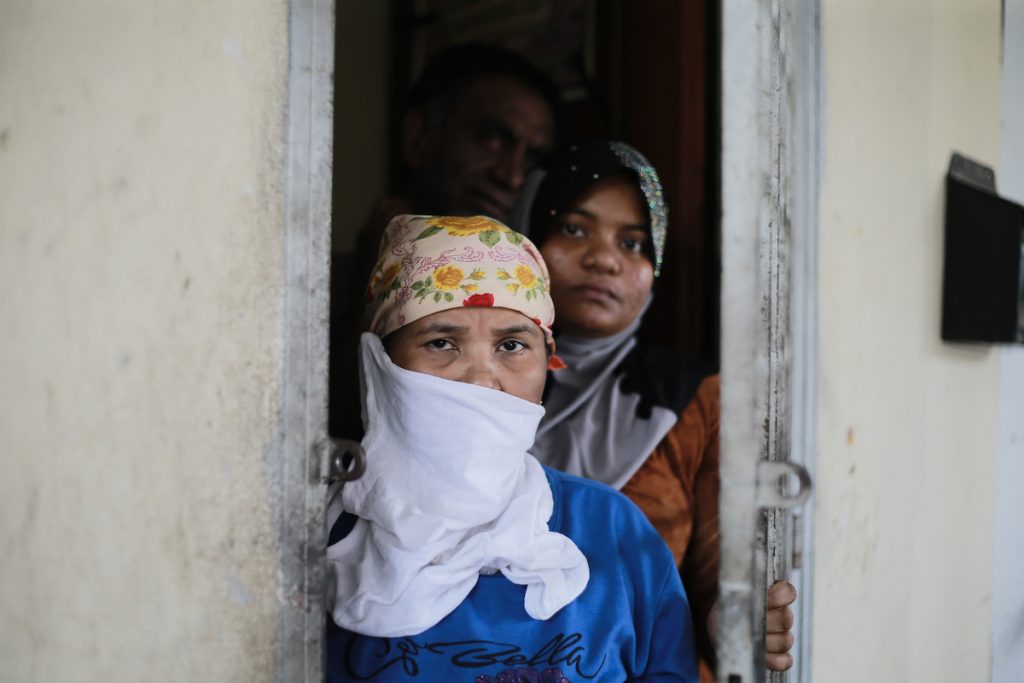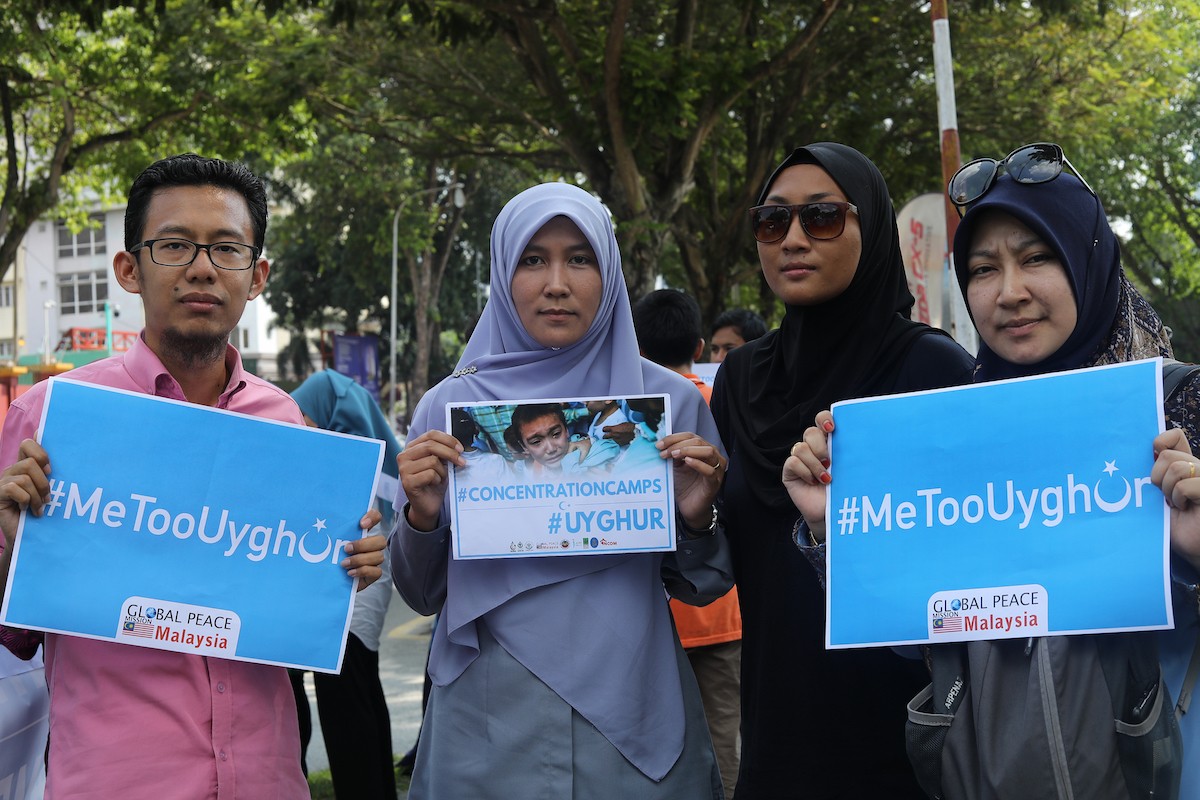A curious debate took place in the Malaysian Parliament not so long ago. While domestically, the country has been transfixed on politics and whether Prime Minister Muhyiddin Yassin can maintain his slender grip on power, many of the day-to-day machinations of government have largely gone unnoticed.
So, a few weeks back, in one of the almost unnoticed debates, an MP raised the question on what Malaysia’s policy was to deporting or even extraditing Uyghurs back to China.
The answer was that the Malaysian government would not send Uyghurs back.
On the face of it, this was quite a bold statement and no less humanitarian. The distressing situation in Xinjiang is now receiving global attention, so for Malaysia to draw a line in the sand shows courage.
China is Malaysia’s largest trading partner by a country mile and has been so for more than a decade, accounting for roughly 17 percent of Malaysian exports in 2019, or US$77.4 billion in real money.
Malaysia cannot afford to lose this business as Beijing well knows. So, over the years, as Malaysia has lurched from one crisis to another, China has been subtly able to exert influence and dictate favorable terms for investment and so on.
A key example of this was when former prime minister Najib Razak was desperate for funds to cover the US$11 billion hole in the balance sheet for beleaguered sovereign wealth fund 1Malaysia Development Berhad, he turned to President Xi Jinping.
The word on the street in Malaysian political circles was that, after Najib lost the 2018 general election, his successor immediately tried to renegotiate the horrible terms of the deal. Xi was less than impressed.
So, for Malaysia to suddenly stand up and say ‘no’ in this way is likely to have economic implications.
The policy also opens up another can of worms and creates a huge humanitarian dichotomy.
Malaysia does not accept refugees. Period. It has been a steadfast government policy for decades that refugees do not exist, they are simply illegal immigrants who should be deported back to their country of origin at the earliest possible convenience; that is if they are not exploited as part of the country’s huge illegal migrant workforce.
Malaysia has consistently defied or even refused to sign a number of UN human rights conventions, and continues to maintain its position. However, it has agreed to allow UNHCR card holders to stay, on the condition they seek permanent asylum in a third country.
Yet, even so, the authorities consider these people fair game for deportation during the protracted process to obtain a UNHCR card.
Of course, Uyghurs are Muslims, so it only stands to reason that Malaysia — as a Muslim-majority nation — would show a bit of compassion.
Indeed, as far as foreign policy goes, Malaysia stands firmly shoulder-to-shoulder with Muslims around the world.
The country’s position is very clear. In recent years, it has roundly attacked Myanmar’s treatment of Rohingya and is even discussing censuring France for its response to the beheading of schoolteacher Samuel Pety by a Muslim.
Meanwhile, Israel remains persona non grata as far as the Malaysian government is concerned.
However, domestically, Malaysia does not show any fraternal love for Muslims. Its treatment of Rohingya trying to reach its shores has made international headlines many times, not least its crackdown on illegal immigrants earlier this year.

In the past, Malaysia periodically cracked down on Uyghurs too, rounding them up in raids and sending them back to China. In these instances, human rights groups alleged that some of those deported had valid visas, but the authorities deported them in any case.
It could be argued that the two are vastly different cases and that the number of Rohingya in Malaysia dwarfs that of the Uyghurs, so it is more of an economic problem. However, Malaysia has been uniform if nothing else in its approach to foreign migrants.
Refusing to deport Uyghurs is more likely to be the cultural idiosyncrasy of cherry picking an issue or cause celebre to curry favor or attract attention, while completely disregarding the wider implications or consequences.
At the lighter end of the scale, these issues are often lampooned by the media overseas. Meanwhile, misguided ministerial statements — not least Mahathir Mohamad’s often abrasive approach to the West when he was prime minister — have left supposedly good partners smarting.
In the context of the Uyghurs, how much weight Malaysia tends to put behind its policy is yet to be seen, or even if it intends to see it through.
The one consistency from the government is its ability to backpedal or U-turn on policies, while trampling all over its laws and even the constitution to suit its own ends.
So, in the long run, Malaysia is far from a safe haven for Uyghurs, who should really look elsewhere for sanctuary.
Gareth Corsi is a freelance journalist based in Malaysia. The views expressed in this article are the opinions of the author and do not necessarily reflect the editorial stance of LiCAS.news.







